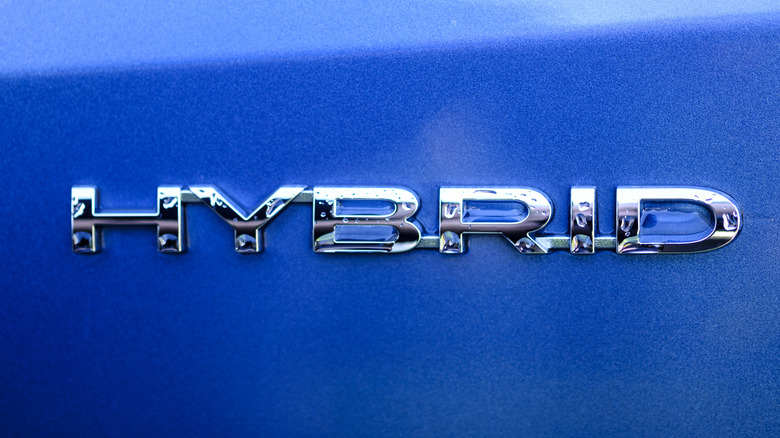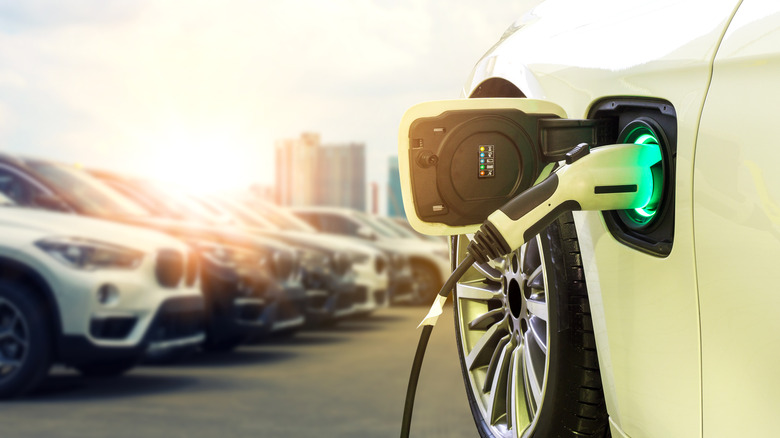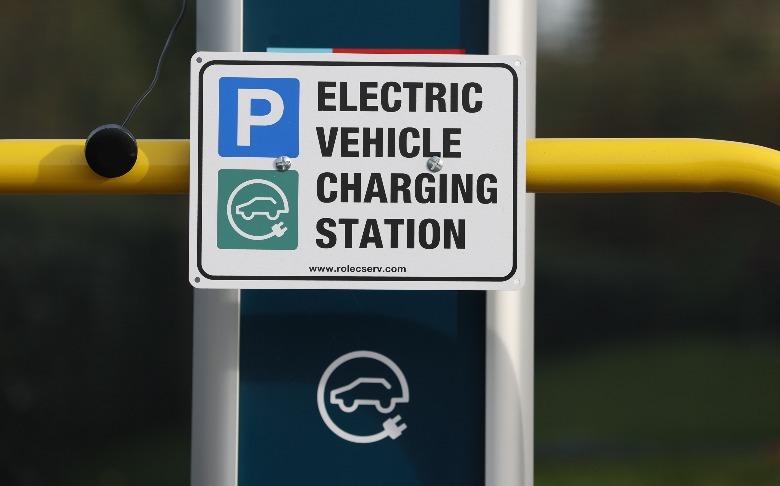Here's Why Some People Still Prefer Hybrids Over EVs
Hybrid cars have existed since the early 2000s, and their popularity is rising amidst the growing lineup of all-electric vehicles. Experts suggest the global hybrid vehicle market could grow to $271.80 billion in 2023 from $227.94 billion in 2022. On the other hand, EV sales have mellowed since January 2023, and it takes dealerships twice as long to sell a brand-new EV than in 2022.
From a consumer standpoint, it's not hard to fathom why hybrids have become more enticing than an EV. Hybrids are more affordable than a comparable EV despite costing about $1,700 more than conventional gasoline variants. Moreover, the projected repair costs are lower since hybrids have regenerative brakes and long-lasting batteries, all covered by lengthy warranties.
In addition, hybrids could deliver fantastic fuel economy. The 2024 Kia Niro Hybrid achieves an EPA-rated 53 mpg combined, making it among the most efficient new hybrid cars today. On the other hand, a 2024 Niro EV delivers an EPA-estimated 253 miles of range with its 64.8 kWh battery. However, the hybrid will never run out of juice since it recharges energy using the gasoline engine.
Range anxiety remains a primary concern
If the higher MSRP is not enough to make potential EV buyers do a double-take, studies show range anxiety and the lack of charging infrastructures remain the most significant downsides of EV ownership. While most EVs have more than enough range for short commutes, it's a different story when taking cross-border road trips.
Drivers need to prepare ahead and research the available charging stations along the way, and this task is too cumbersome for most buyers used to filling up a gas tank in under five minutes. It's why new and legacy automakers are adopting Tesla's North American Charging Standard (NACS), as the American EV automaker has a lengthy headstart with its supercharging infrastructure.
But with a hybrid, consumers need not think about recharging (except in a plug-in hybrid or PHEV), and hybrids have no learning curves and are just as easy to drive as gasoline cars. The U.S. government is aware of this, and the Biden administration has announced a $7.5 billion allotment in 2022 to repair and build a "network of EV charging stations along designated Alternative Fuel Corridors, particularly along the Interstate Highway System."
Electric cars are the future of transportation, but there remain a few more hurdles to overcome. In the meantime, hybrids are the middle ground between conventional ICE and EV cars and will remain part of the ecosystem for buyers looking to reduce their carbon footprint without taking the full EV plunge.


